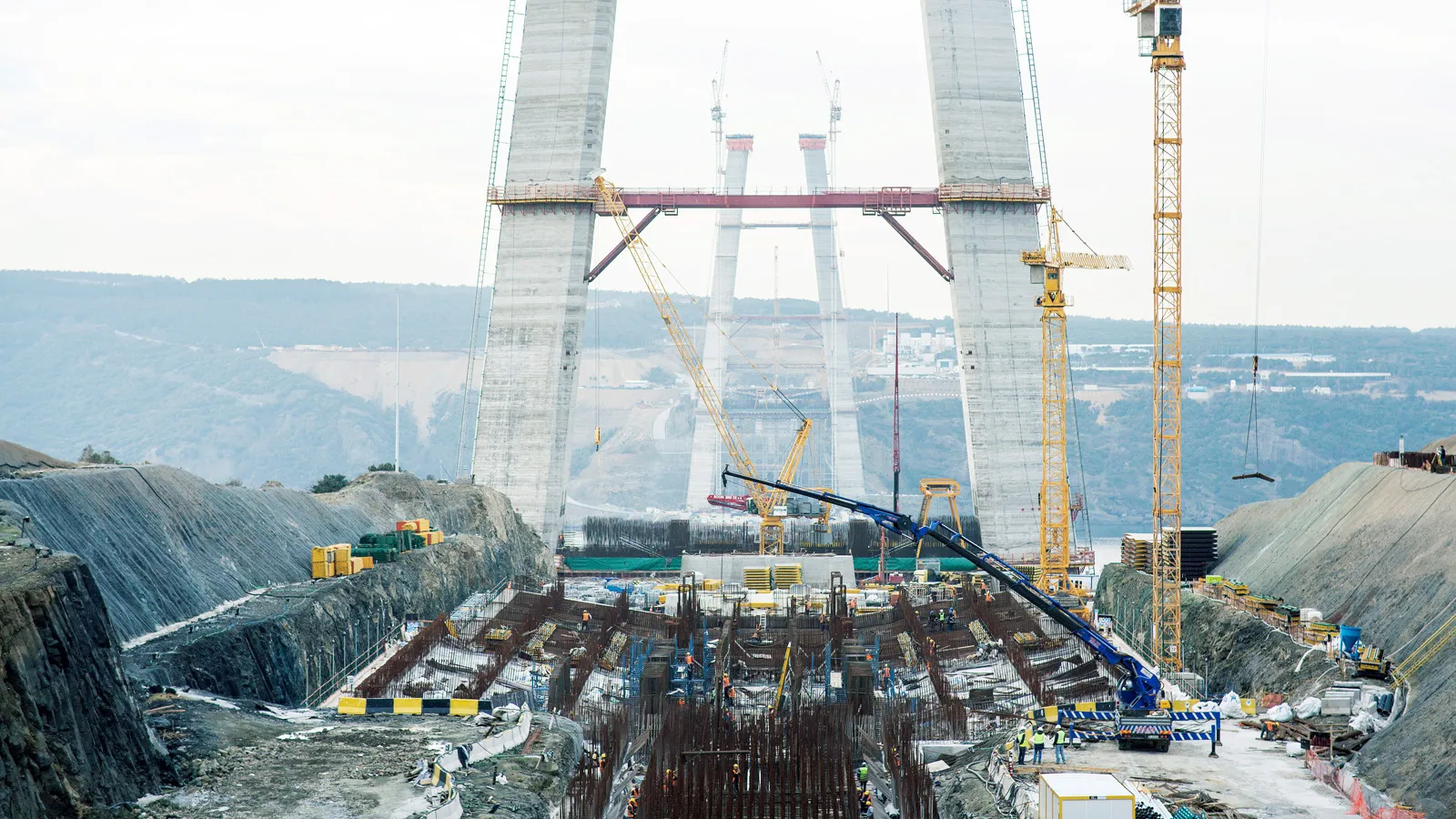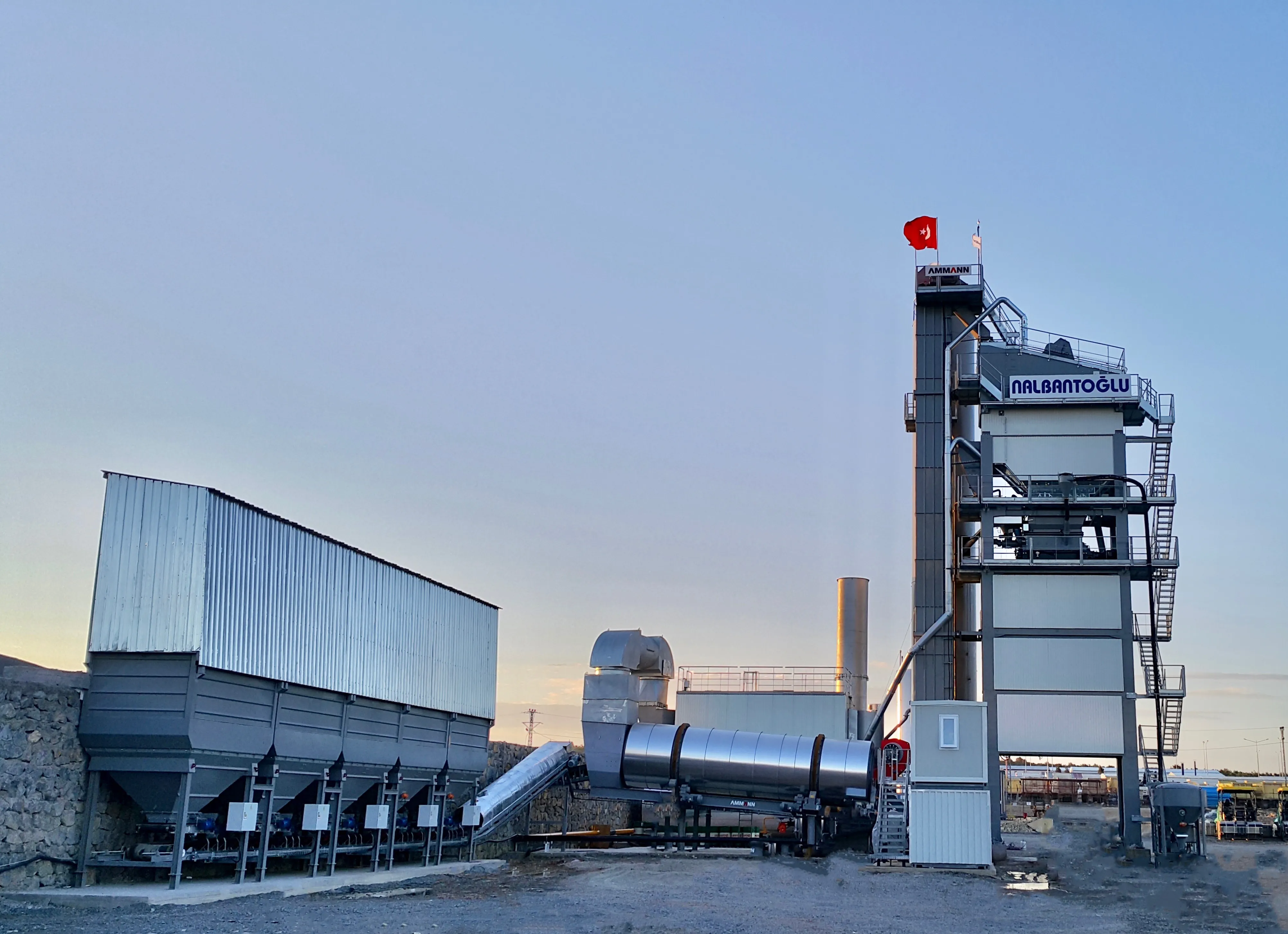A group of seven banks is to fund the construction of the third Bosphorus Bridge crossing in Turkish commercial centre Istanbul. A group of six Turkish banks, Garanti Bankasi, Halk Bankasi, Is Bankasi, Vakiflar Bankasi, Ziraat Bankasi, and Yapi Kredi Bankasi, is being joined by the Netherlands-based Garantibank International to provide the necessary US$2.3 billion of funding required for the project. A joint Italian-Turkish consortium comprising Astaldi and IC Ictas will build the bridge, which will reduce
November 29, 2013
Read time: 2 mins

A group of seven banks is to fund the construction of the third Bosphorus Bridge crossing in Turkish commercial centre Istanbul.
A group of six Turkish banks, Garanti Bankasi, Halk Bankasi, Is Bankasi, Vakiflar Bankasi, Ziraat Bankasi, and Yapi Kredi Bankasi, is being joined by the Netherlands-based Garantibank International to provide the necessary US$2.3 billion of funding required for the project. A joint Italian-Turkish consortium comprising1324 Astaldi and 3015 IC Ictas will build the bridge, which will reduce congestion in and around Istanbul.
The two existing bridges over the Bosphorus Strait suffer severe congestion at peak periods and this new structure will help reduce delays and journey times for drivers. Meanwhile, a series of upgrades are planned for the two bridges crossing the Bosphorus at Istanbul. A series of structural renovation works will be carried out. The work is due for completion in 2014 and includes the replacement of 236 cable sections. The tender for the work is now open to entrants although it has been closed to consortia.
A group of six Turkish banks, Garanti Bankasi, Halk Bankasi, Is Bankasi, Vakiflar Bankasi, Ziraat Bankasi, and Yapi Kredi Bankasi, is being joined by the Netherlands-based Garantibank International to provide the necessary US$2.3 billion of funding required for the project. A joint Italian-Turkish consortium comprising
The two existing bridges over the Bosphorus Strait suffer severe congestion at peak periods and this new structure will help reduce delays and journey times for drivers. Meanwhile, a series of upgrades are planned for the two bridges crossing the Bosphorus at Istanbul. A series of structural renovation works will be carried out. The work is due for completion in 2014 and includes the replacement of 236 cable sections. The tender for the work is now open to entrants although it has been closed to consortia.







